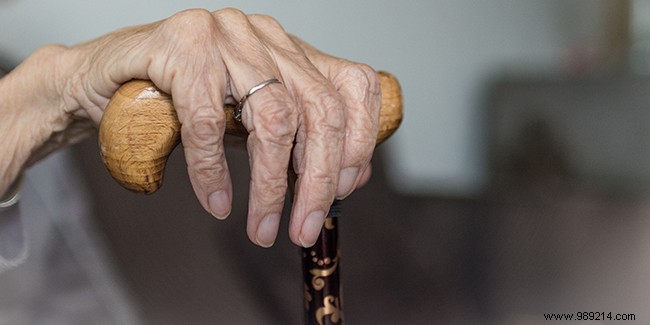
French legislation allows you to define and express your last wishes, whether it concerns your end of life, the organization of your funeral or your estate. The different laws also define for some of them the modalities which guarantee the respect of the application of all these forms of last will. Appointing a trusted person during your lifetime for this purpose is also a way to ensure that your last wishes will be well implemented and honored.
During his lifetime, it is possible to define, preferably in writing, his last wishes in different areas and depending on the situation. This way, you can predict exactly what your loved ones will do if you have an incurable disease. You can also plan the terms of your succession after your death, as well as the detailed organization of your funeral.
To be certain that your last wishes will be respected, whatever the situation, it is strongly recommended in all cases to designate a trusted person during your lifetime, one or more people in whom you have complete confidence and who will certainly ensure that your wishes are respected. wishes and requirements after your death.
You have plenty of time to freely choose these people you trust, who may be someone in your family or any other close friend. This person can also become your representative during your lifetime if your state of health no longer allows you to make decisions yourself and who will ensure that your last wishes are respected.
Concerning his last wishes for his end of life, there is a law (the Leonetti law) which allows him to express his advance directives, more precisely to make known his wishes in terms of limiting or stopping medical treatment, in anticipation of your inability to communicate your last wishes in this case.
Your last wishes in this matter must be the subject of a written document which can be formally authenticated, i.e. which includes your marital status, your contact details and your signature. If your state of health no longer allows you to write this document yourself, you can ask two people, including for example a trusted person whom you have designated, to write it for you. They will also have to sign this document and enforce your last wishes thus expressed.
If you write your advance directives on your own, make sure that your relatives or your doctor are informed of the existence of this document in order to be sure that your last wishes will be respected.
It is possible to express your last wishes regarding the organization of your funeral in several ways. Their organization can thus be planned and defined in a will if the deceased wrote one during his lifetime, but more often in a written document (having taken care to inform your relatives of its existence) more accessible than a will which is only opened after a death and after excessively long delays which prevent timely knowledge of the last wishes of the deceased with regard to his funeral.
In terms of funerals, a law of November 15, 1887 on the freedom of funerals requires that the wishes of the deceased be respected. Thus, failure by his relatives to respect his last wishes with regard to the terms of his funeral, if proven and recognized, is liable to a penalty of up to 6 months' imprisonment, 7,500 euros fine, and other possible additional penalties.
You also have the possibility of planning the course of your funeral by taking out a funeral contract, in particular called "in capital", with an insurance company for example, which will allow the management of your funeral of a financial point of view but also of their precise organization. The capital thus constituted will be paid on your death to the person you have designated in this contract. This trusted person will be responsible for scrupulously respecting your last wishes with regard to your funeral.
Taking out life insurance during your lifetime can also allow you to organize and finance your funeral and designate a trusted person who will respect your last wishes.
The solution most commonly adopted to make known and respect one's last wishes in matters of succession is the drafting of a will. This process is most often carried out by a notary. It is indeed the assurance that your last wishes will be known precisely at your death and that their application will be respected.
In addition to writing a will, it is also advisable to provide for the case where your state of health no longer allows you to manage your assets and their distribution upon your death. In particular, it is necessary to anticipate the case where, as a vulnerable person, a judge is obliged to order a protective measure (guardianship, guardianship, or family authorization) against you.
In order to prevent these situations, the law gives you the possibility of choosing yourself in advance the person or persons who will represent you and who will manage your property. We then speak of a mandate for future protection, a contract which designates these people, called the agents, and which formulates the wishes of the principal to be followed and respected during his lifetime.
In this situation, and to enforce his last wishes in matters of succession after his death, we speak of a mandate with posthumous effect, a mandate drafted by a notary. The latter makes it possible to provide for the transmission and administration of his property intended for the heirs designated by one or more trusted persons. These agents must report annually on their management to the heirs. A process that allows you to be sure that your last wishes in matters of succession will be respected.